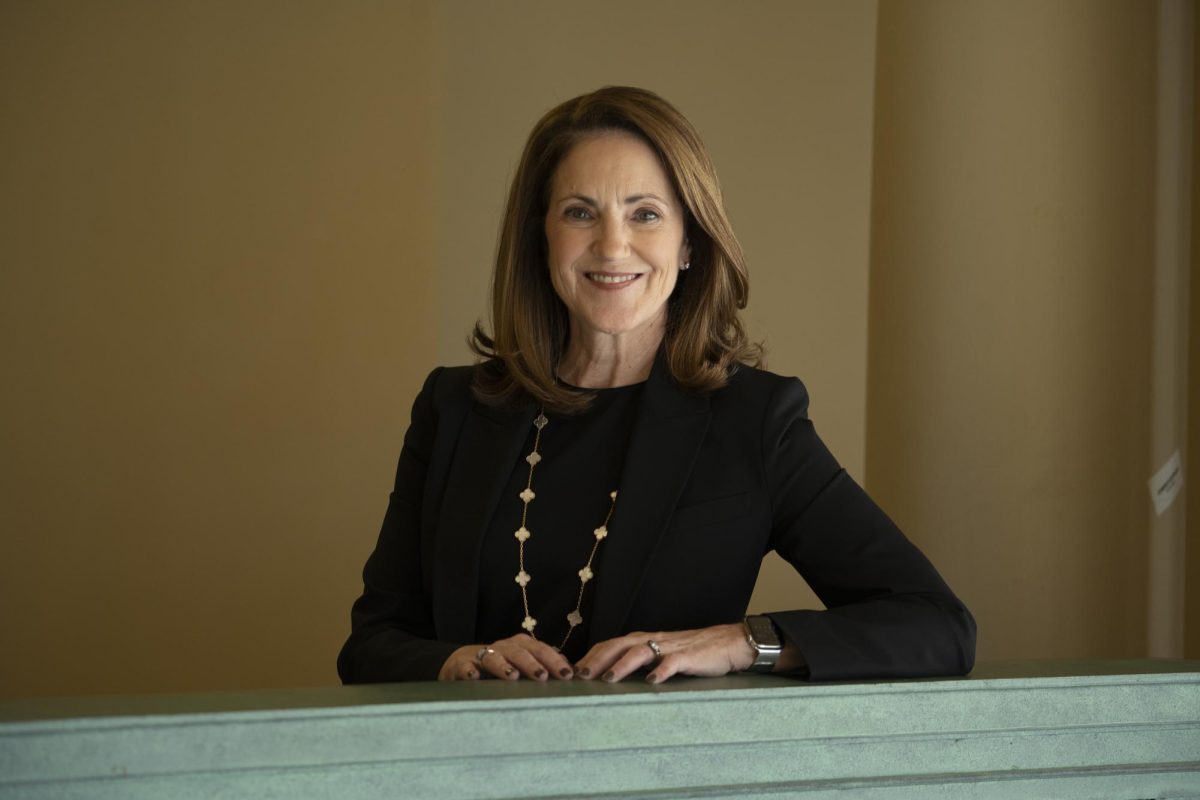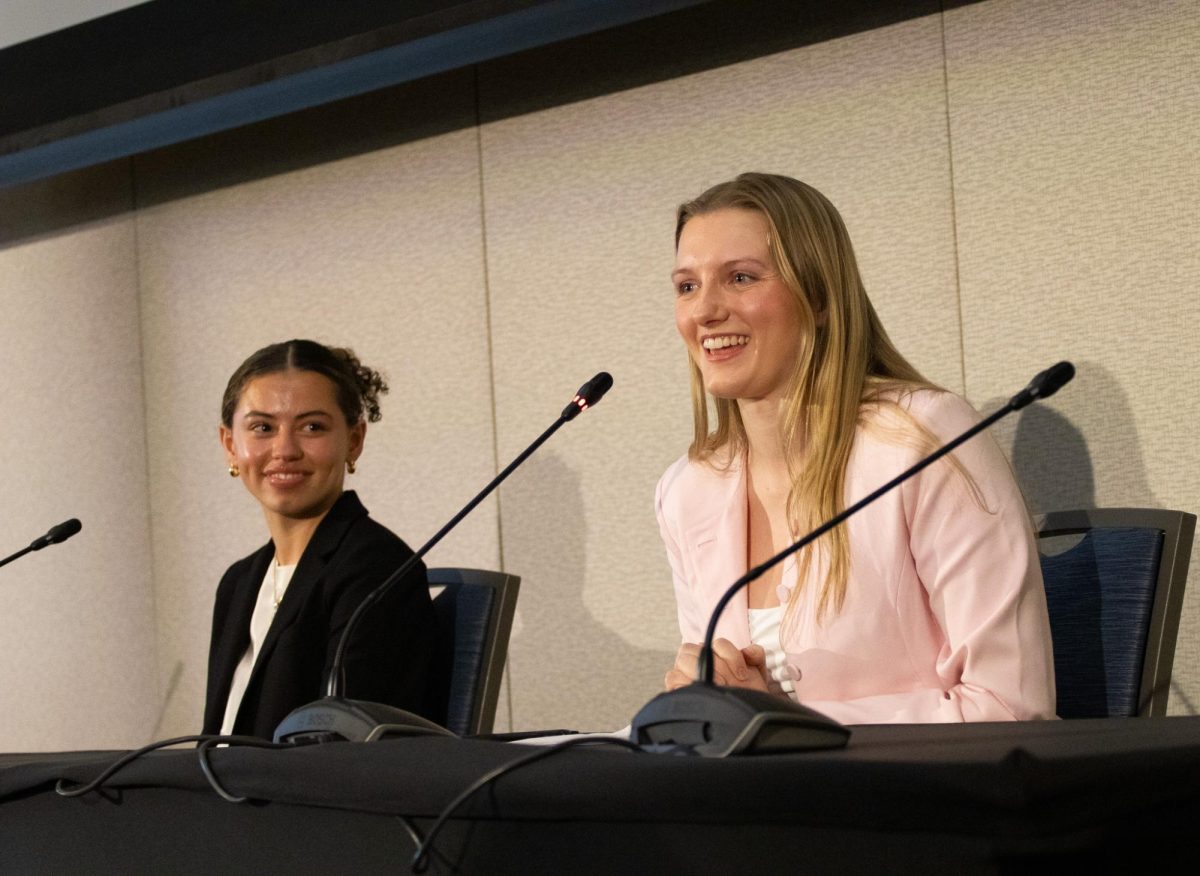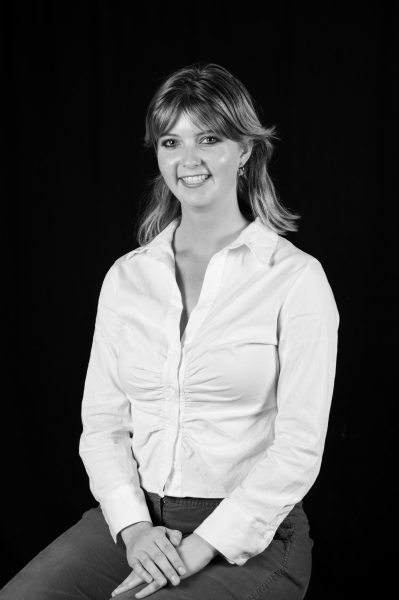The total list of funds in which UVM’s consolidated endowment is invested as of Feb. 29 is listed in the appendix of the materials for a May 17 Budget, Finance and Investment Committee meeting.
The list was posted online on April 30, according to Adam White, executive director of University communications.
In an April 30 email to the Cynic, Patricia Prelock, provost and vice president, stated that the University was working on a summary of the investments in preparation for the board’s May meeting and that the goal was for it to be released by the end of the week.
In a May 1 Instagram post, Students for Justice in Palestine stated, “UVM administration has indicated that full disclosure of financial investments will be delivered and made accessible by the end of the week.”
“The scheduled update posted early this week on the Board of Trustees webpage was referenced by Provost Prelock in a discussion with participants in the on-campus demonstration,” stated White in a May 4 email.
The posting of the materials is a routine practice in advance of each meeting, said Richard Cate, vice president of finance and administration.
Prior to 2017, the funds were public, but between 2017 and now, the materials were private as they were discussed only during executive session of the Investment Subcommittee, Cate said.
The University’s Investment Subcommittee was disbanded in February and now many of its functions are being transferred to the Budget, Finance and Investment Committee, which makes the list of funds publicly available, he said.
Students have recently been putting pressure on University officials to make the details of the endowment more accessible, and making demands that they divest from Israel.
The list of funds included in the materials of the Budget, Finance and Investment Committee meetings are not in direct response to students’ demands for disclosure, Cate said.
“It’s a coincidence of timing,” he said.
Student newspapers across the country are investigating their universities’ endowments in light of the Israel-Hamas war as a result of student concerns that universities may have investments that fund Israel.
The Cynic is embarking on an ongoing series of stories on UVM’s finances and recently met with Richard Cate about the process of investing the endowment.
White pointed the Cynic to the public details in UVM’s Budget, Finance and Investment committee’s May 17 materials that include a meeting agenda, investment policies and a total list of funds.
Cate said that the investment process is complex and is largely controlled by a third party who manages a wide variety of funds.
The process of choosing investments involves first employing an investment advisor, UVM uses the investment advisory firm Prime Buchholz; they work to diversify investments in different forms such as bonds and real estate, he said.
The advisor then brings forth particular fund managers to be interviewed by the investment subcommittee, then they will select one, he said.
The trustees making the investment decision, along with the University’s investment advisor, can see past investments the firm has made while planning goals for future investments with the fund manager, Cate said.
In choosing investment managers, they look for diversity in types of investments and confidence in the manager’s decisions to invest well on behalf of the University, Cate said.
“Their number one focus is in terms of how much can the endowment grow as a result of this investment, so there’s more money to spend on scholarships and faculty professorships and programs across the University,” he said.
Of the $803 million endowment, 20% is invested in publicly traded traditional stocks, bonds etc. and 80% is not publicly traded and includes private equity funds, hedge funds, private real estate funds, venture capital funds, etc., stated Cate in a May 3 follow-up email.
In the publicly traded portion of the endowment, there are screens prohibiting investments that have been historically divested from, such as tobacco, cluster munitions and fossil fuels, he said in the interview.
When divesting from direct investments in fossil fuels, there was a national standard list of companies that are considered fossil fuel-driven based on their activity, he said.
“On the rest of the endowment, where it is basically blind to us […] those screens don’t apply,” Cate said.
Only the fund manager knows what companies and industries the non-publicly traded funds are invested in, and there is no way for UVM to know this information, he said.
“This is proprietary information, such that if it was public, it would put the fund manager at a disadvantage to the competition. The investor, in this case UVM, invests with the full knowledge that it will not have access to detailed information,” Cate said in the May 3 email.
To meet students’ demands for divestment from companies supporting Israel, the process isn’t simple, Cate said.
“The complexity of this goes way beyond what people think,” he said. “I think they think it’s easy for us to say, ‘Okay, we’re going to divest from Israel.’ First of all, it has to be a decision as to whether or not it was appropriate, but second, it really isn’t possible.”



















